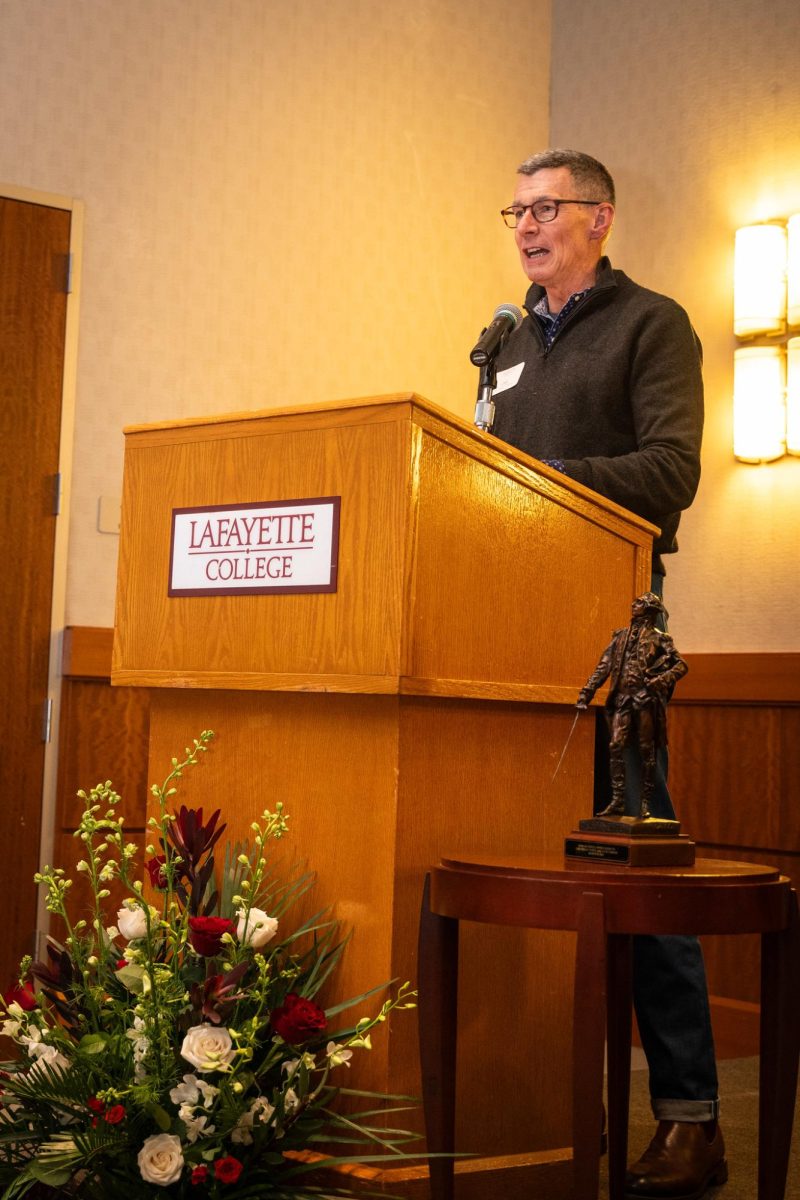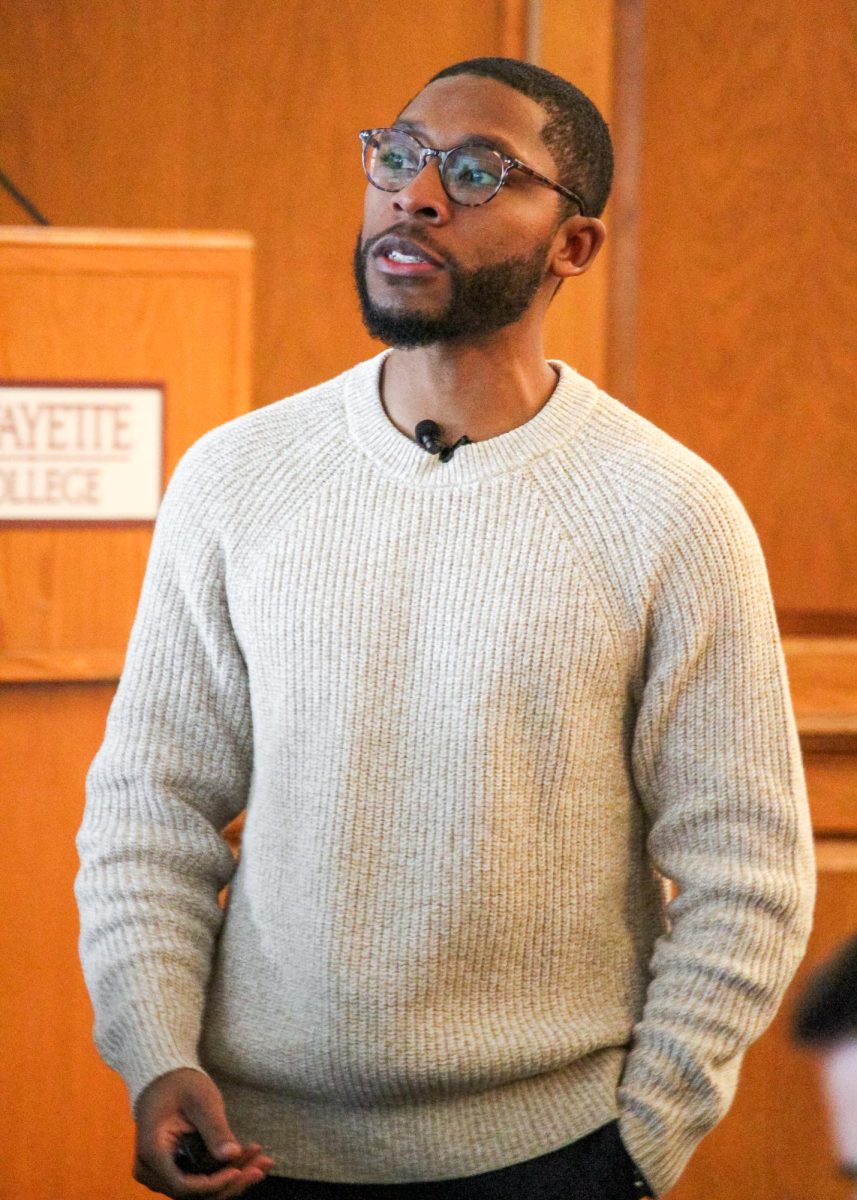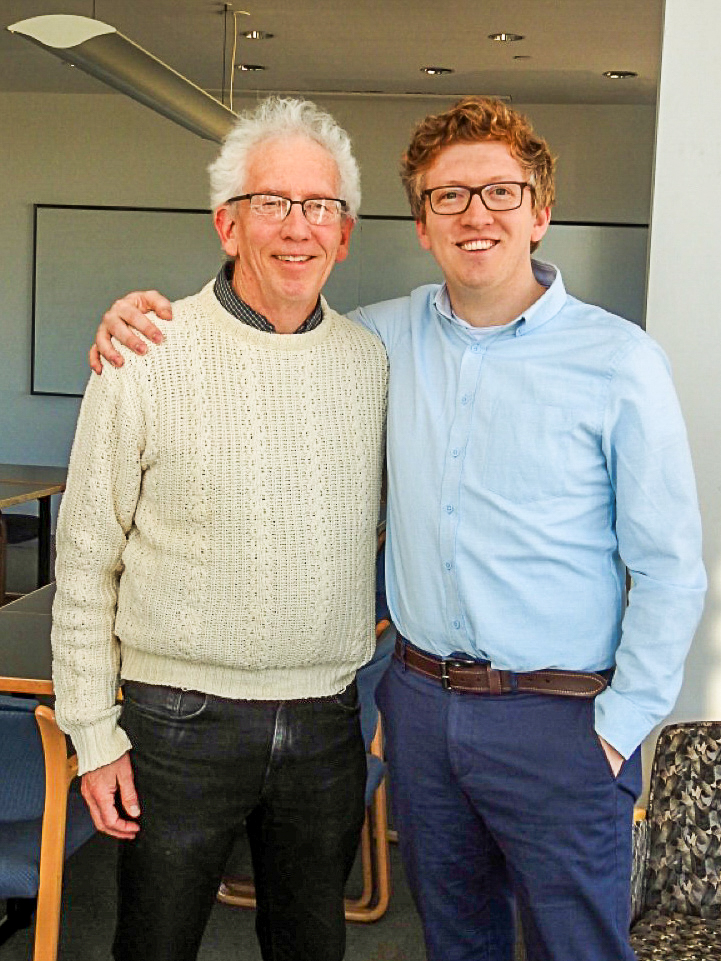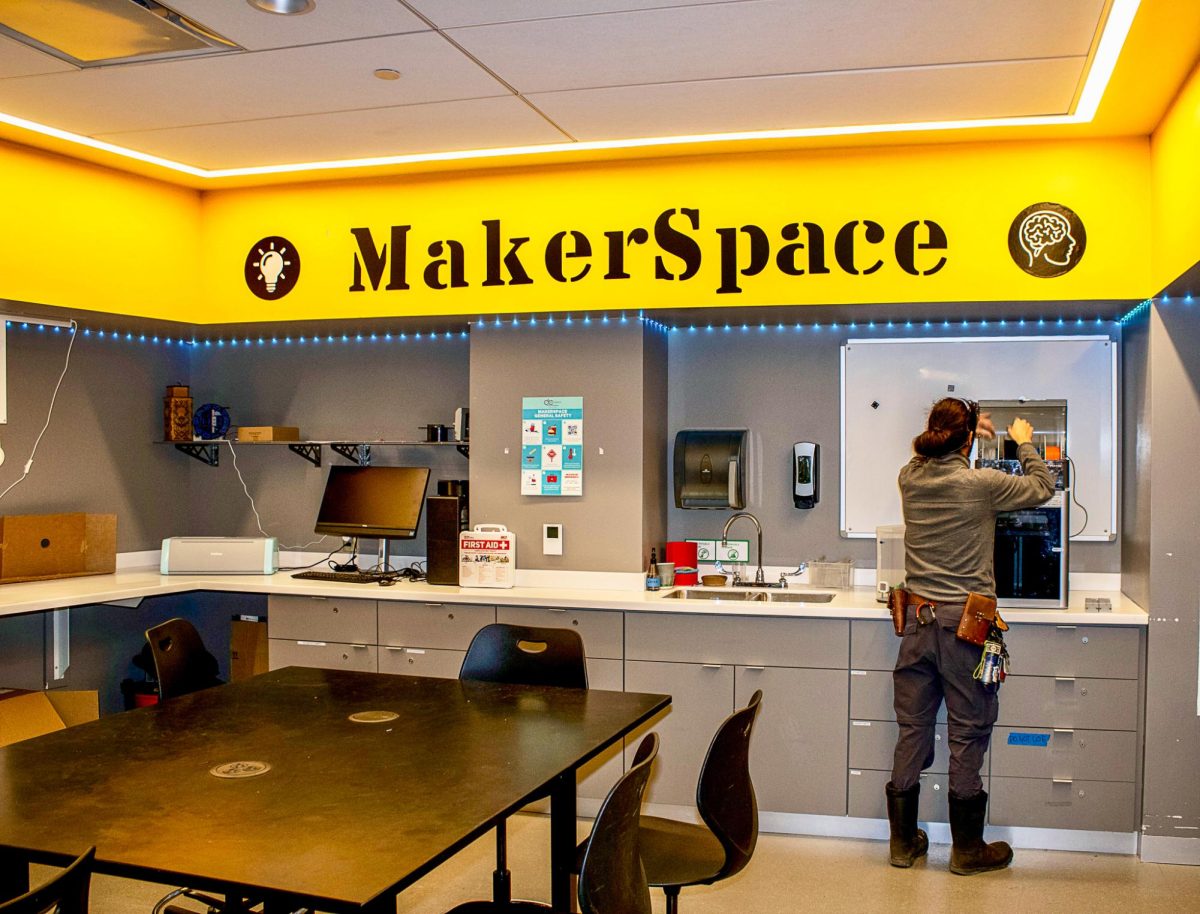Illustrated by Maria Otto ‘17
Members of the Lafayette community hoping for a definition of the future of Greek life are likely to be disappointed, as a draft of the highly anticipated IAGGL (Implementation and Assessment Group on Greek Life) report asks more questions than it provides answers.
Former President Dan Weiss formed IAGGL in December of 2011. The committee was originally chaired by Celestino Limas, then-vice president of campus life, who was succeeded by Annette Diorio following his departure from Lafayette in 2012. IAGGL was formed after Executive Assistant to the President James Krivoski sent an email saying that the Greek system had to meet recommendations and objectives of the administration or else face the possibility of elimination.
The conclusion of the three-year study resulted in hazy recommendations regarding the future of Greek life. A primary goal was to gain transparency from fraternities’ selection processes, but the report states that the objective “has not been met and, in the opinion of the Committee…could never entirely be met. If, as an institution, we must have a process that is entirely open, these types of organizations are not a good institutional fit.”
The report also fails to give a firm recommendation on whether to expand the Greek system by welcoming back organizations, instead suggesting that further data be gathered before the process is considered. IAGGL recommends that the data be gathered via an accreditation program. Exactly what information should be collected is not specified in the report.
Vice President of Campus Life and IAGGL Chair Annette Diorio said that Lafayette would have to increase their resources in order to make a drastic change.
“We have one staff member that works with the Greek organizations [Director of Fraternity and Sorority Life Daniel Ayala],” she said. “In terms of achieving a more robust change, we just aren’t resourced enough.”
One evalutation standard adopted by the IAGGL committee was gathering information comparing “affiliated” students with “non-affiliated” students in terms of GPA, incidents involving alcohol, and other common misconducts. The report did not find any statistically substantial discrepancies between affiliated and non-affiliated students in terms of GPA. It also found that non-affiliated students committed nearly 70 percent of the most commonly issued sanctions over the course of the three-year report.
The altered accreditation process is one of the few concrete suggestions that the IAGGL report proposes. Similar to systems utilized by schools like Lehigh University, the accreditation process would consist of Greek organizations making multimedia presentations for end-of-the-year evaluations instead of current paper-based submissions.
“What we got was that the old system was really flat,” Diorio said. “It was submitted on paper, we gave it back to them in paper. They didn’t really get a chance to demonstrate how they’re trying to live their values, so we allowed them a process that was a little more creative. It gives it a little more depth.”
Meanwhile, some Greek presidents are satisfied that IAGGL did not find information that condemns their organizations, taking a “no news is good news” approach.
“It was better than what I expected,” Phi Kappa Psi President Patrick Grundy ‘15 said. “When I first heard about IAGGL, I thought it was to get rid of Greek life. I think they realized that you can’t make Greek life a perfect system.”
Others are uneasy with the lack of clear-cut answers regarding the long-term future of their organizations.
“There’s a finish line, but there’s a lot of work that has to be done to get there,” Delta Gamma President Liz Manus ‘15 said. “There’s no direction, there’s no definitive answer right now.”
President Alison Byerly, who inherited the program from Weiss, said that there is no timetable for a final ruling.
“I expect the administration and the Board will respond formally to the report, saying ‘thank you’ for the report, we anticipate doing X, Y and Z,’” she said. “When that would happen, I don’t know.”
There are still two open forums that will be conducted before a final report is filed to the Board of Trustees in May.
In the meantime, it would appear that those in the Lafayette community looking for a conclusion to the “Greek discussion” will have to wait for the Board of Trustees to decide the future of Greek life on campus. IAGGL didn’t provide a smoking gun condemning Greeks, but there was no ringing endorsement.
“Could we make a decision to be a little larger? Potentially,” Diorio said. “Could we make a decision to be a little smaller? Potentially. I don’t think anything’s so cut and dry from this report.”
Greek life essentially remains static with an unclear future, some observers noted, where it was three years ago.










































































































William Rappolt '67 • Apr 11, 2014 at 8:27 pm
The new system to assess the Greek organizations is in place now, there should be no delay in accepting applications for new organization. The greek system meets all the criteria established , and the BOT should now end the moratorium as a signal to the community that the Greek system is a valued member of the Lafayette residential infrastructure. At that point we can move on to a successful fundraising campaign. Anything less would prove that this whole process was not started in good faith
Heard it before • Apr 11, 2014 at 9:17 am
This is more just kick the can down the road and don’t make a decision, right out of the Dan Weiss playbook. IAGGL states, “These types of organizations [may] not be a good institutional fit”. However, donations from Greek organizations’ alumni must be a good institutional fit, because the college has no problem accepting those and fully understands that process. Good luck with the capital campaign.